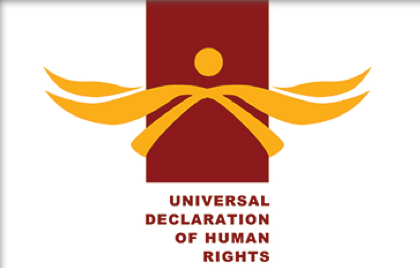cross-posted from: https://lemmy.sdf.org/post/35917168
In April 1989, Örkesh was a scrawny, charismatic 21-year-old student at Beijing Normal University. He descended on to Tiananmen Square with thousands of fellow students, who bravely protested for democracy and human rights. Over 50 days, Örkesh stepped up as a leader of the Beijing Students Autonomous Federation and represented students in televised negotiations with Chinese Communist party leaders. Then, on 4 June 1989, the tanks rolled in. The People’s Liberation Army mowed down the blossoming civil society movement that Örkesh had helped build, but it could not extinguish the powerful sense of justice that continues to burn within the soul of this lifetime activist.
After the massacre, Örkesh found himself on China’s most wanted list and escaped into exile under cover of darkness, as did the other high-profile protest leaders. However, unlike his fellow exiled Han Chinese protest leaders, Örkesh has not once been allowed to return to China, nor has the Chinese Communist party granted his parents the documents necessary to travel overseas. […] Örkesh’s father said he had sent one handwritten letter to Chinese government officials every week since June 1989, imploring them to let him see his son. […] Every stroke of every Mandarin character on every one of those 1,800 unanswered letters is chiselled with longing.


